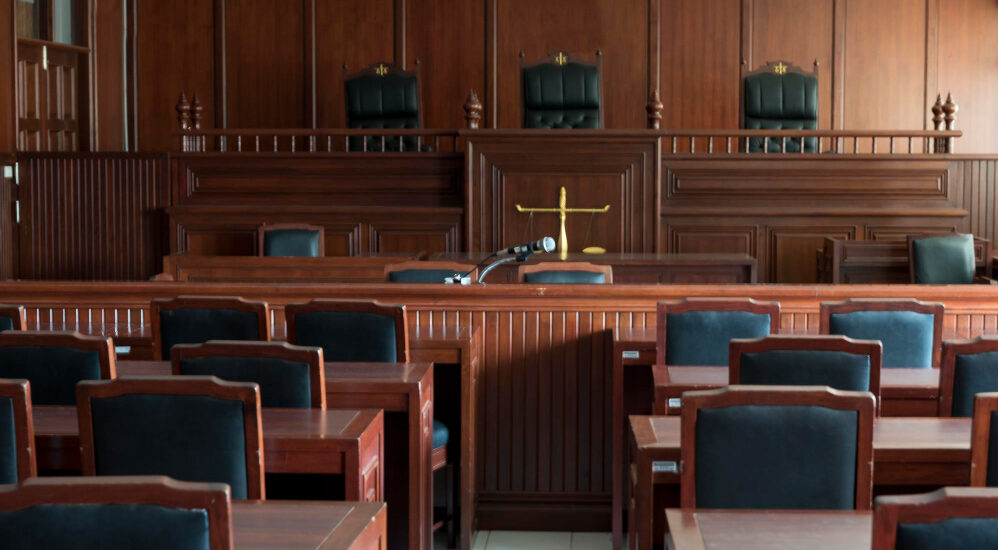A S solicitors pays £2,429 fine and £600 costs after SRA finds long-running AML breaches
The Solicitors Regulation Authority (SRA) has fined A S Solicitors £2,429 after an investigation uncovered long-running failures to comply with anti-money laundering (AML) requirements. The recognised sole practice, based at James House, 382 Lee High Road, London SE12 8RW, also agreed to pay £600 towards the costs of the investigation. The outcome was reached by agreement on 7 October 2025 and published on 21 October 2025.
The SRA opened its investigation following an inspection by its AML Proactive Supervision team. Investigators reviewed the firm’s approach to AML compliance under the Money Laundering Regulations 2017 (MLRs 2017), as well as historic duties under the Money Laundering Regulations 2007 (MLRs 2007), and considered relevant provisions of the SRA Principles and Codes of Conduct in force during the period assessed.
The regulator found that between 26 June 2017 and 19 July 2024 the firm did not have a documented firm-wide risk assessment (FWRA) identifying the money-laundering and terrorist-financing risks to which the business was exposed, as required by Regulations 18(1) and 18(4) of the MLRs 2017. From 20 July 2024 to 4 December 2024, a FWRA was in place but was not appropriate because it did not identify and assess all relevant risk factors in line with Regulation 18(2).
Embed from Getty Images
The SRA also determined that the firm lacked appropriate AML policies and procedures for extended periods. Between 6 October 2011 and 25 June 2017 the firm failed to establish and maintain risk-sensitive policies and procedures pursuant to Regulation 20(1) of the MLRs 2007. From 26 June 2017 to 19 July 2024 the firm failed to establish and maintain any policies, controls and procedures (PCPs) to mitigate and manage identified risks under Regulation 19(1)(a) of the MLRs 2017. Between 20 July 2024 and 18 August 2025 the firm still did not have fully compliant PCPs and did not review and update them as required by Regulations 19(1)(a) and 19(1)(b).
In admissions accepted by the SRA, the firm acknowledged that the failings amounted to breaches of the 2011 regime where applicable: Principle 6 (maintaining public trust), Principle 8 (effective governance and risk management), Outcome 7.2 (effective systems and controls) and Outcome 7.5 (compliance with applicable legislation). For conduct from 25 November 2019 onwards, the firm admitted breaches of Principle 2 of the SRA Principles 2019 (upholding public trust), paragraph 2.1(a) of the SRA Code of Conduct for Firms 2019 (effective governance and systems) and paragraph 3.1 (keeping up to date with and following law and regulation).
The SRA concluded that the conduct showed a disregard for statutory and regulatory obligations and created the potential to facilitate dubious transactions, which could have led to money laundering or terrorist financing. The regulator said the risks could have been reduced had the firm maintained an appropriate AML control environment, including a documented FWRA and compliant PCPs.
In determining sanction, the SRA applied its financial penalty guidance. It assessed the nature of the misconduct as more serious (score three), noting the firm should have been aware of its obligation to maintain a FWRA and PCPs since June 2017 and that a large proportion of its work falls within the scope of the AML regulations, including historically high-risk conveyancing. The regulator identified a medium impact score (four), citing increased risk from the absence of compliant documents until late 2024 and August 2025 respectively, and historic gaps under the 2007 regulations. The combined score of seven placed the matter in Band C of the guidance, corresponding to 1.6%–3.2% of annual domestic turnover.
Based on turnover evidence, the SRA calculated a basic penalty of £2,698 and then reduced it to £2,429 to reflect mitigation. The regulator took into account the firm’s cooperation with both the AML Proactive Supervision team and AML Investigations team, the firm’s admissions, and remedial steps to bring documents into compliance. The SRA recorded no evidence of consumer harm and no financial benefit arising from the misconduct.
Publication accompanies the outcome in line with Rule 9.2 of the SRA Regulatory and Disciplinary Procedure Rules. The agreement records that A S Solicitors will not deny the admissions or act inconsistently with the settlement; doing so could result in further regulatory action or referral to the Solicitors Disciplinary Tribunal on the original facts. The SRA stated that transparency serves the public interest and supports confidence in the profession.
